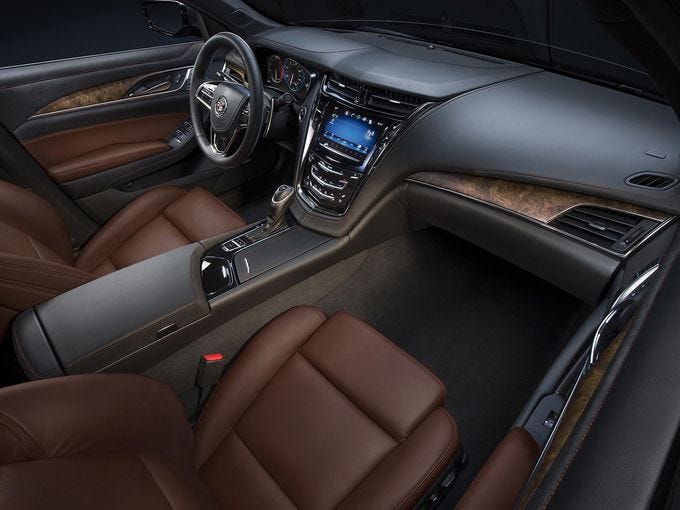I found this site a while back while researching reliability: http://www.reliabilityindex.com/manufacturer
This is an interesting index because it's built using actual warranty claim data from an after-market warranty provider (Warranty Direct) and represents actual customer claims.
Of course, it probably reflects model years outside of the last 3-4 years (vehicles would still be under warranty), but you can see MB at the very bottom of that list.
Every time I think about wanting an MB, BMW, or Audi, I look at this list and remind myself of why I can't make that leap.
Everyone has anecdotal evidence and what I read commonly on forums for enthusiasts of various manufacturers is "if you take care of it correctly..." (I've been pining for an A/S4 but I'm continually held back by my own anecdotal experience with friends who have owned A4's), but this is hard, quantitative data. This isn't an initial quality survey or some reliability survey but actual, hard data from claims.
Correct me if I'm wrong, but it looks like this website takes into account average repair costs to determine their reliability index? Of course you'll see luxo brands at the bottom of the list.
Which makes it a flawed system, because cost is relative.
the number of times a car fails,
the cost of repairing it,
the average amount of time it spends off the road due to repairs
the average age and mileage of the vehicles we have on our books.
And some of this stuff doesn't make any sense:


http://www.reliabilityindex.com/reliability/search/242
http://www.reliabilityindex.com/reliability/search/102
The 911, according to their data, has a LOWER average repair cost, spends LESS time off the road, is owned LONGER, but because it's driven less (which makes sense!!) yet it is considered to have "poor" reliability compared to the Accord.













